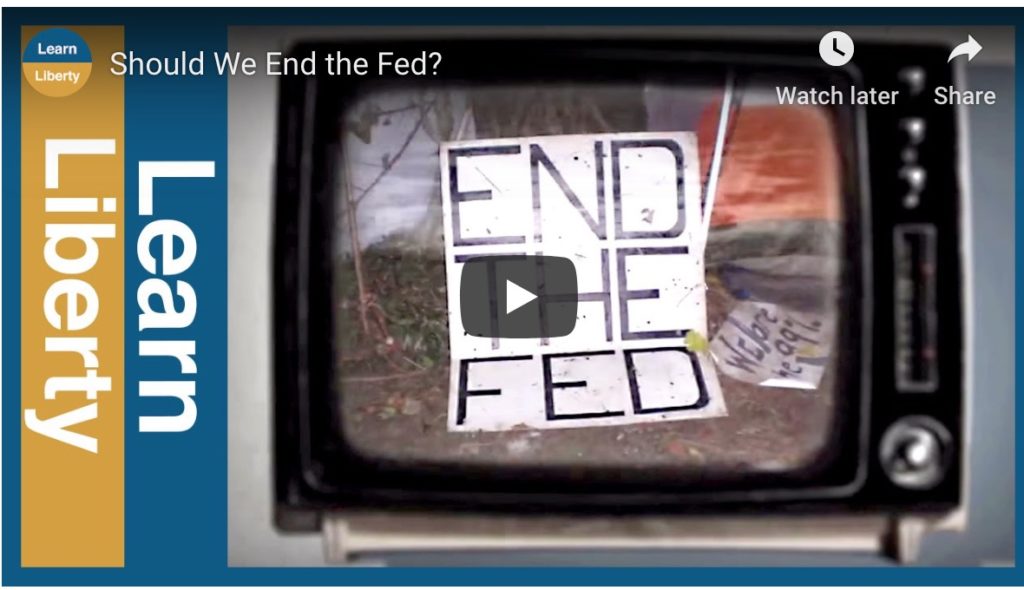Separation of Church, School, Money and State
Consider arguments against government control of religion, education, and money. First, the Constitution prohibits the federal government from meddling in an “establishment of religion”:
The First Amendment’s Establishment Clause prohibits the government from making any law “respecting an establishment of religion.” This clause not only forbids the government from establishing an official religion, but also prohibits government actions that unduly favor one religion over another.
Establishment Clause, [LII], Cornell Law School
It should be no surprise that homeschooling communities are similarly skeptical of government-established schooling, whether local, state, or federal. Extracting taxes from citizens to pay for schooling creates a variety of ethical and economic challenges.
Critics of government schools have called for a “separation of school and state.” Why empower government officials and agencies to run schools or decide what lessons are taught and tested for? Economists cite a range of incentive problems and knowledge programs. (This Vox article is critical of economist Bryan Caplan’s book The Case Against Education.)
Though most agree with the long tradition of separating church and state, fewer are comfortable with separating school from state. Most Americans were educated (or at least schooled) by government-funded teachers and textbooks, and it’s no surprise that few learned about vibrant non-government education around the world and in the past. (For more, see School Inc. and Andrew Coulson, Cato at Liberty, January 25, 2019. See also Kerry McDonald’s Unschooled: Raising Curious, Well-Educated Children Outside the Conventional Classroom, and the ongoing Cato Unbound discussion, Unschooling and the Rights of Children.)
So… with all this said about separating church from state and school from state, consider the case for separating money from state. Private banks had a long history of issuing and managing money, just as private schools provided education and private churches offered religious services.
The Federal Reserve makes the case for separating politics from money, Why is it important to separate Federal Reserve monetary policy decisions from political influence (Fed Board of Governors FAQ)
Policymakers, academics, and other informed observers around the world have reached broad consensus that the goals of monetary policy should be established by the political authorities, but the conduct of monetary policy in pursuit of those goals should be free from political influence.
But the Federal Reserve is influenced by political pressure, especially during economic downturns. The Role of the U.S. Federal Reserve (Council on Foreign Relations, June 20, 2019) begins:
The U.S. central banking system—the Federal Reserve, or the Fed—has come under heightened focus in the wake of the 2007–2009 global financial crisis, as its role in setting economic policy has dramatically expanded. Post-crisis, the Fed faced scrutiny for its unorthodox monetary policy, known as quantitative easing (QE), which helped sustain the recovery but ballooned the Fed’s total assets from $869 billion in 2007 to nearly $4.5 trillion in 2017. At the same time, the 2010 Dodd-Frank financial reform redefined the central bank’s responsibility for evaluating the health of the nation’s financial system.
Putting the Fed’s QE monetary genie, and it’s $4.7 trillion portfolio back in the bottle will be a challenge. (By late June 2019, the Fed’s total assets are reported down to “just” $3.8 trillion.)

Three Learn Liberty videos with economist Lawrence White give an (critical) overview of Federal Reserve policies and provide some of the history of non-government currency and monetary systems:
• What is the Gold Standard?
• Should We End the Fed?
• What Is Free Banking, and Why Should I Care?
An earlier post linked to a Marginal Revolution University “Econ Dual” with Scott Summers and Lawrence White debating on Fiat Money vs. the Gold Standard.

